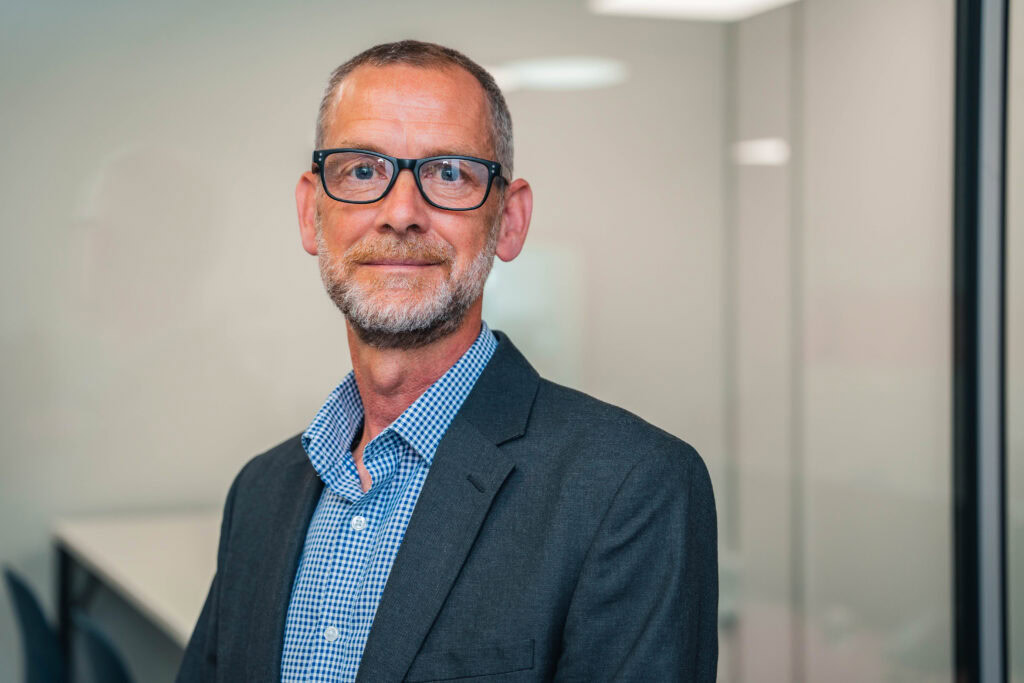Quite rightly, we are often spellbound about the beauty and complexity of our natural world that appears on our tv screens and in magazines. Yet the message is often clear – nature is in crisis, and we need to act fast if we are to meet the challenge of protecting and restoring nature and adapting to climate change.
One key area for action is to recruit a lot more people into nature-focused jobs, and we especially need to attract more people from currently under-represented backgrounds, if we are to become a more diverse and inclusive green workforce. But that isn’t as easy as it sounds.
Through our research we have identified four pieces of a puzzle that need to come together to make significant progress towards tackling the capacity crisis. We need to:
- Improve access to nature for sectors of our society that currently have little or limited access, either by social disdvantage, disability, cultural exclusion or geographic constraints, and often by a combination of these. Access to, and interaction with, nature is often cited as a motivating factor for people to consider an environmental job.
- Raise awareness of the broad range of job roles that exist – they don’t all involve getting cold, wet and muddy and young people are often surprised at what constitutes a nature-focused career. Our research showed us that, despite a high level of environmental awareness and concern amongst young people, there was very little understanding of the range of jobs within the industry, who the typical employers are, how you get these jobs and what career progression opportunities might exist.
- Increasing employer awareness and readiness to recruit and support a more diverse workforce. This includes challenging employers to review their processes, policies and expectations by understanding the needs of under-represented communities and adapting accordingly.
- Creating more accessible routes into the profession. The degree requirements for many roles offers little opportunity to those for whom attending university is financially or practically unattainable or for career changers who often cannot afford to return to self-financed study having already taken on some financial commitments as adults of working age. Factor in the expectation of many employers that new recruits will have acquired practical experience through additional voluntary experience, and it is evident that getting a job in our industry can be challenging without the advantages of money, contacts and opportunity.
Attracting more people from more diverse backgrounds into green jobs for nature is vital if we are to meet our environmental challenges – we cannot afford to fail.
Sally Hayns, CEO, Chartered Institute of Ecology and Environmental Management (CIEEM) will be speaking on Addressing Barriers to Nature-Based Green Jobs on Friday 26th April during the ESS 2050: Green Skills Webinar, taking place virtually at 12pm. Sign up for free here.







Subscribe for free